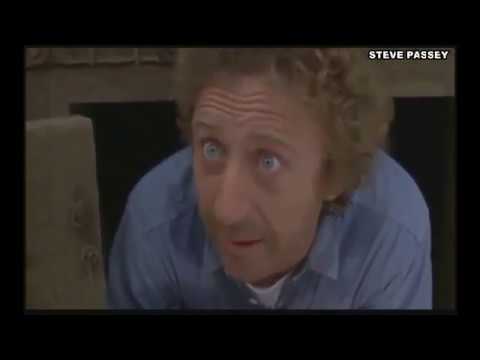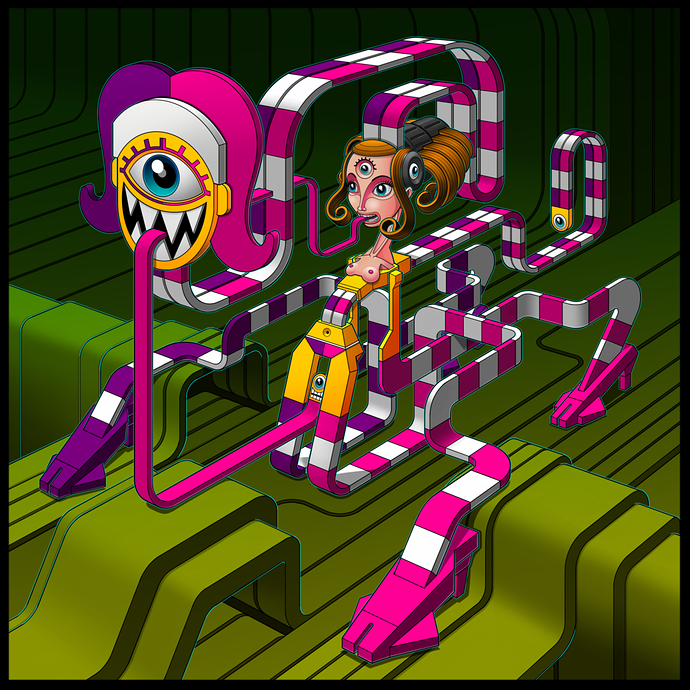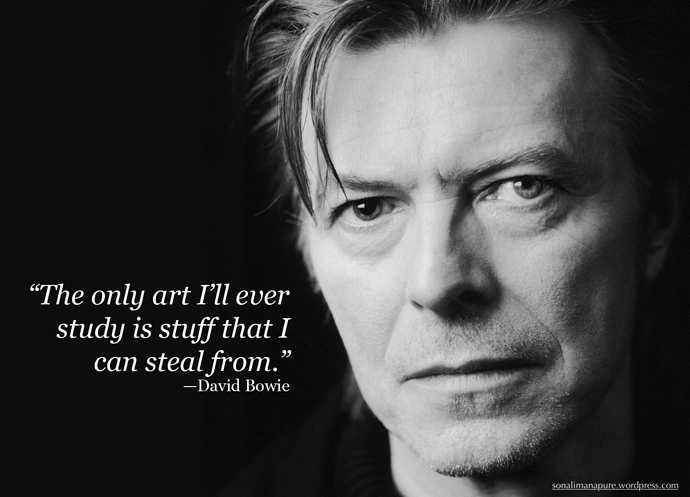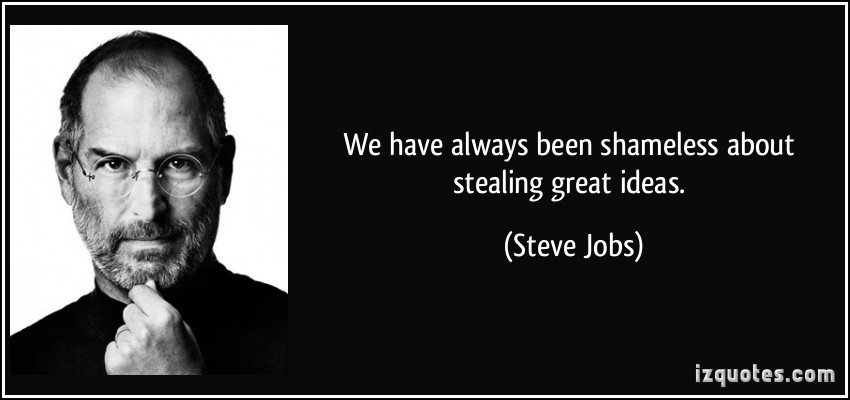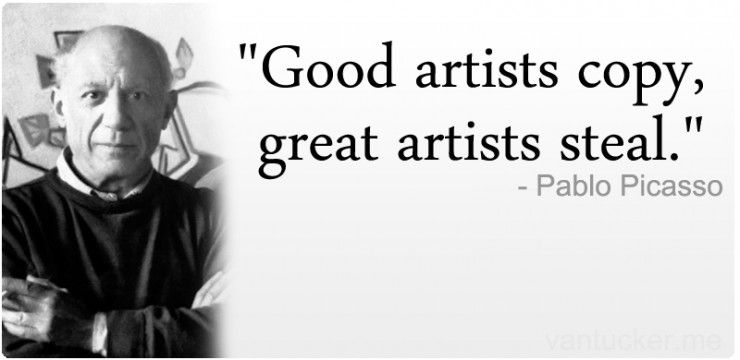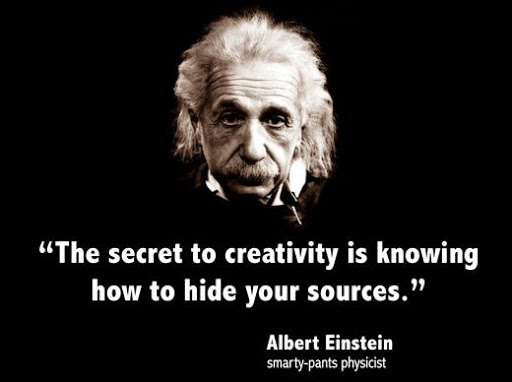Perceptions of others is only valuable to a degree. I don’t think it would form an accurate workable reflection, and the emotional impact on a group may negatively outweigh the benefit.
If the data was more scientific, such as physiological changes related to facial recognition (everyones blood pressure changes when they see Donald Trump ) then the data regarding perceptions of others may be partially useful, but we pretty much have that now. If we were to closely scrutinize each other to the point of full examination, currently, the psychological impact on the group would be negative.
However, if we collectively assess, using hard data, it could be beneficial. It would also be monetized and abused nearly instantly. Marketers and actuaries and PR departments already do this.
Self reflection or self examination has long been the pathway to self improvement. There are several tools for this, but honesty to the self, overriding physical concerns, is the major blockage.
The construct of avatars, “from peers” would not be accurate, but using information related to birth time and location would be. I’m not suggesting astrology, but rather hard data derived from calendrical studies. This removes the personal ideology, and replaces it with science.
Periodic energies that are cyclical in nature and permeate the human mind, are the primary source of ideas and provide a scale to assess likelihood of success. Studying those cycles and their components would provide a reflection of the self on a continuous basis, and also increase group awareness.
An interesting and simple study is the 20 day cycle of the Maya and Chinese. An example would be Joe Rogan. Each podcast begins with an image of a monkey. He is born on the day which is symbolized by the monkey. He has success using the attributes contained in the descriptors.
Every artist and scientist does the same thing. Tesla was born on the precise day which is the only one to mention electricity and lightening. The union of polarities. Freud and Jung share a common precise point in that cycle also.
The human reaction to this information is generally dismissive. In an economy where ideas are property and can be exchanged for profit, it is an unwelcome set of data. Privately however, it is used to certain degree.
I explained this to a rather successful artist. He was outraged at the notion that his product could be predicted by using his date of birth. It is the perception of personal attack and the loss of ownership over ideas, that prevents self reflection to any large degree. It is rejected, even if the proof is instantaneous, as was the case with the artist.
A great test is to match the computer avatars of people to their date of birth. All things are derived from a slice of pie in time, and the point of real free will lies just beyond that basic knowledge.
In the process of self reflection, it can be threatening for some, and a relief for others.
Either way, the examination of human behavior related to all external stimuli has been ongoing for millenia. The difference between an actual 'free will choice", and an idea, is not normally found in the public knowledge data base.
We are attracted to , and find success in , connecting to the point in time of given cycles, that are closely related to or precisely on our time of birth. Familiar cyclical energies.The cycles and their descriptors have been in every culture for thousands of years and they all match. Once that basic point of awareness is widely considered basic knowledge, then perceptions of others would be more valuable.
“The day science begins to study non-physical phenomena, it will make more progress in one decade than in all the previous centuries of its existence.” - Tesla
In all of the entire worlds scientific prowess, a single virus has humbled the species of human, and the deeper knowledge would have an even more drastic effect. Our species will not advance until we cure our lust for power and addiction to ownership. We are firmly on a plateau without basic self knowledge and situational awareness. Our “perceptions” of others, are not valuable at this time.

